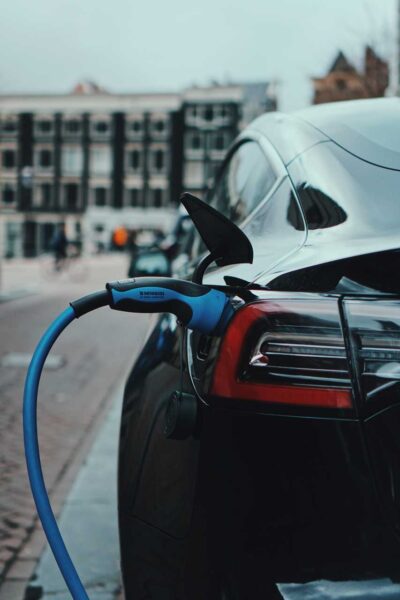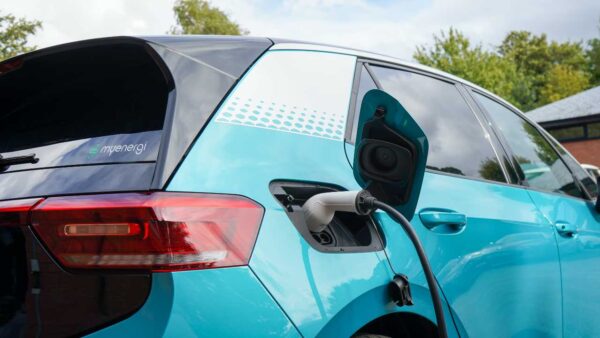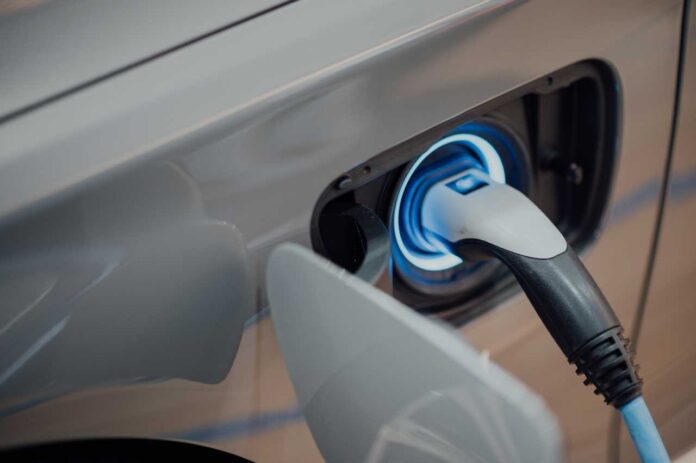The Cost Of Charging Am Electric Car Revealed
Have you ever wondered how much it costs to charge an electric car. With our investigation we can reveal the true cost of charging an electric car.
Electric cars have become increasingly popular in recent years due to their environmental benefits and potential cost savings. However, one question that often arises is, “How much does it cost to charge an electric car?”
In this comprehensive guide, we will explore the various factors that contribute to the cost of charging an electric car and compare it with the costs of hybrid, petrol, and diesel cars.
By the end of this article, you will have a clear understanding of the expenses associated with owning and operating an electric vehicle.
While looking at electric vehicles and the cost of charging an electric vehicle we came across four important issues.
- Car salespeople don’t know enough about the cost of charging an electric vehicle or the maintenance cost
- There are not enough electric charging points in the UK
- Car manufactures have rushed out electric cars without providing a decent car battery that provides a respected mileage per charge
- Charging an electric vehicle at petrol stations is expensive
The Government have rushed through their commitment to ban the production of petrol cars without making sure the UK was equipped for them. There is still a lot of work to be done before we should even consider banning the production of petrol cars.
Two of the most important issues is to reduce the cost of charging an electric car at petrol stations, and to make sure car manufactures improve the mileage that electric cars can provide on a full charge.
What Determines the Cost of Charging an Electric Car?
The cost of charging an electric car depends on several factors, including where you charge it and the time of day. Let’s take a closer look at these factors:
Electric Charging Location
If you have off-street parking and a home charger, you have access to the cheapest rates for charging your electric car. Charging at home allows you to take advantage of lower electricity prices and potentially save a significant amount of money compared to filling up a petrol or diesel car. However, those who don’t have the ability to charge at home must rely on public charging points, which can be more expensive.

Time of Day to Charge an Electric Car
The time of day at which you charge your electric car can also impact the cost. Many electricity providers offer off-peak rates, which are lower during non-peak hours. Charging your vehicle during these off-peak times can result in substantial savings. On the other hand, charging during peak hours may be more expensive.
The Cost of Charging an Electric Car: A Quick Guide
To give you an idea of the costs associated with charging an electric car, we have compiled a quick guide based on our independent tests. These costs are calculated using a price per unit of 30p per kWh, which was the standard unit cost of electricity from July 2023. Keep in mind that these costs may vary depending on your location and electricity provider.
Dinky-Sized City Cars and Small Hatchbacks
For dinky-sized city cars like the VW E-Up and small hatchbacks like the Renault Zoe, the cost ranges from 8p to 9.4p per mile, or £690 to £760 over a year.
Medium and Large Electric Cars
Medium and large cars, such as the Nissan Leaf and Tesla Model 3, cost between 8.6p and 11.1p per mile, or £694 to £900 over a year. Compact SUVs like the Hyundai Kona fall within a similar range.
Medium Large SUVs
For medium large SUVs like the Audi e-tron, the cost ranges from 8.8p to 11.5p per mile, or £715 to £934 over a year.
The Impact of New Domestic Unit Prices
On 25 August 2023, Ofgem announced a new domestic unit price of 27.35p per kWh, which will take effect from 1 October 2023. This change will result in an average decrease of £72 per year to run an electric car. For example, a typical large-size electric car would cost around 9.6p per mile on this new rate. To achieve the lowest costs, consider utilizing special electric car/off-peak tariffs at home, which can lower your cost to just 3.8p per mile.

The Most Efficient Electric Cars
Not all electric cars are created equal when it comes to energy efficiency. Some models are more efficient than others and cost less to charge. Here are some of the most energy-efficient electric cars based on our independent tests:
Hyundai Ioniq 6 (2022-)
The Hyundai Ioniq 6 is a large car that offers exceptional efficiency. With an electricity consumption of 4.02 miles per kWh or 15.5 kWh per 100km, it is one of the most efficient electric cars on the market. Charging at home during off-peak times can cost as little as 3p per mile.
Fiat 500e Cabriolet (2020-)
The Fiat 500e Cabriolet is a small hatchback with impressive energy efficiency. It has an electricity consumption of 3.6 miles per kWh or 17.4 kWh per 100km. Charging at home during off-peak times can cost as little as 3.4p per mile.
Renault Megane E-Tech Electric (2022-)
The Renault Megane E-Tech Electric is a medium-sized hatchback or saloon that offers excellent energy efficiency. It has an electricity consumption of 3.2 miles per kWh or 19.2 kWh per 100km. Charging at home during off-peak times can cost as little as 3.7p per mile.
Hyundai Kona Electric (2018-) Compact/Small SUV
The Hyundai Kona Electric is a compact/small SUV with impressive energy efficiency. It has an electricity consumption of 3.7 miles per kWh or 16.7 kWh per 100km. Charging at home during off-peak times can cost as little as 3.2p per mile.
Skoda Enyaq Coupé iV vRS (2022-) Mid/Large SUV
The Skoda Enyaq Coupé iV vRS is a mid/large SUV that offers excellent energy efficiency. It has an electricity consumption of 3.2 miles per kWh or 19.5 kWh per 100km. Charging at home during off-peak times can cost as little as 3.8p per mile.
The Least Efficient Electric Car
While most electric cars are highly efficient, there are some exceptions. The Mercedes EQV, a people carrier, is the least efficient electric car we have tested. It has an electricity consumption of 2 miles per kWh or 30.9 kWh per 100km. Charging at home during off-peak times can cost as much as 6p per mile.
Where Can You Charge Your Electric Car for Free?
While charging your electric car usually comes with a cost, there are options for free charging. Various businesses, attractions, retail parks, and regular car parks offer free charging for paying customers. Zap-Map is an excellent resource for locating charging points and identifying those that offer free charging.
Why Can Charging an Electric Car Be More Expensive Than Petrol, Diesel, or Hybrids?
Charging an electric car can be more expensive than filling up a petrol, diesel, or hybrid car, especially if you use rapid or ultra-rapid chargers. These fast-charging options are convenient but often come with higher costs per mile. However, by utilizing off-peak charging at home or taking advantage of special electric car tariffs, you can minimize the cost and potentially pay less per mile than petrol or diesel car owners.
In conclusion, the cost of charging an electric car depends on various factors, including charging location and time of day. While it can be more affordable than running a petrol or diesel car, it’s essential to consider the efficiency of the electric vehicle and take advantage of off-peak charging opportunities to maximize cost savings. With an increasing number of charging points available, owning an electric car has become more convenient and cost-effective than ever before.
